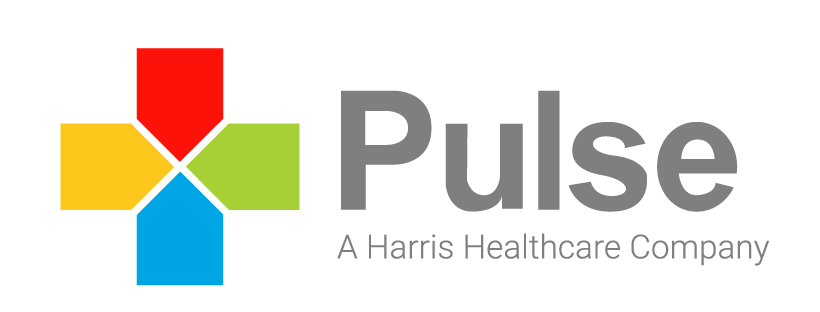How RCM Solutions Can Help Part-1
In this 3-part blog series, we explore the most common causes of physician burnout, and offer practical strategies for easing burnout through revenue cycle management tools, partnerships and approaches.
Half of the leaders in the nation’s largest health systems say the need to tackle physician burnout is one of their top priorities. Though recent studies disagree on the prevalence of physician burnout or even the definition, one thing is certain: the administrative burden carried by physicians today has left doctors feeling more stressed than ever.Many physicians feel as if they’re spending more time on clerical tasks than they are with patients. Even the nation’s most respected, digitally proficient physicians, like Atul Gawande, MD, say computer screens are coming between doctors and their patients, forcing physicians to spend more time after hours working on medical records.A true revenue cycle management (RCM) partner can help physicians spend less time looking at their screens and more on face-to-face patient interactions. The following are three key ways RCM processes can be redesigned to help alleviate and eliminate physician burnout.
Connect front-end and back-end communications.
Every administrative error made during a patient encounter—from typing mistakes at patient registration to failure to follow the practice’s guidelines for benefit eligibility checks, patient financial collections, and more—can come back to haunt a practice when the claim is filed. Typically, denied claims also require additional attention from physicians, whether this involves dealing with patient complaints at the point of care, meeting with practice managers to determine the source of errors, or determining whether to invest in new resources.A true RCM partner will help you reduce your denials rate by ensuring every aspect of RCM operations is tightly integrated. This supports more effective communication at each touchpoint in the revenue cycle and higher levels of collaboration across the practices It also puts data in the hands of staff at the point where it is most needed, eliminating the need to search through multiple systems critical information to process a claim.
Streamline coding.
Coding accuracy is critical to achieving revenue integrity. Yet, physician practices frequently face coding challenges, including under-coding claims, which occurs when physicians select codes that do not fully reflect the intensity of the work performed, and lack of familiarity with coding nuances, such as those related to Medicare or specialty-specific coding. These errors drain physicians’ time and patience, requiring them to field questions from staff to correct codes.The best RCM partners identify opportunities to boost coding accuracy depending on the needs of your practice. Sometimes, hiring a certified professional coder is necessary to ensure claims are clean before they go out the door. In instances where additional physician education is needed, an RCM partner can provide physician training during a simple lunch-and-learn or offer in-person support to bring physicians up to speed without overwhelming their schedules with more administrative training.
Improve reliability.
Commercial payers are scrutinizing claims more heavily than ever, and this increases physician workload by forcing them to look back at an encounter that may have occurred more than a month before. The most effective RCM partners offer solutions that significantly boost clean claims rates, such as claims-scrubbing software that spots errors and omissions before claims are submitted, and prompt staff for follow-up in real time. When selecting a claims scrubber, look for a solution that achieves at least 95 percent claim acceptance on the first pass.
Talk to Us
Pulse Revenue Cycle Management eases the administrative burden your practice’s physicians face with integrated technologies and experts in coding and collections. Learn more about PulseRCM solutions.
